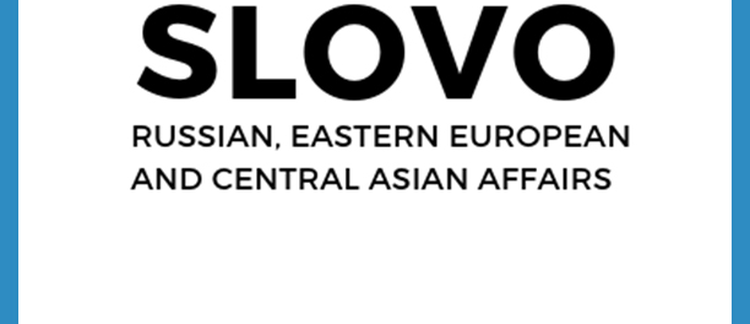Abstract
To download this article, click here.
This article examines the relationships between the three South Caucasus states, namely Armenia, Azerbaijan, and Georgia, and the European Union (EU) with regard to the implementation of EU external governance through the Eastern Partnership (EaP) and within the context of geostrategic competition between the EU and Russia. I argue that the EU is facing momentous challenges in implementing external governance in the South Caucasus states owing to four major factors: a rival form of governance provided by Russia, a scalable asymmetry of partnership between the EU and the three South Caucasus states, the energy conundrum, and frozen conflicts in the region. Moreover, the increasing antagonism between two regional powers – the EU and Russia – shapes and reshapes the domestic political landscape in the South Caucasus, rendering the region vulnerable to external power competition. This, in turn, undermines the effectiveness of the implementation of external governance.
How to Cite:
Punthong, W., (2018) “The EU’s in Two Minds? The Eastern Partnership and EU External Governance in the South Caucasus”, Slovo 31(1), 67-85. doi: https://doi.org/10.14324/111.0954-6839.075
Downloads:
Download PDF
View PDF
857 Views
127 Downloads

